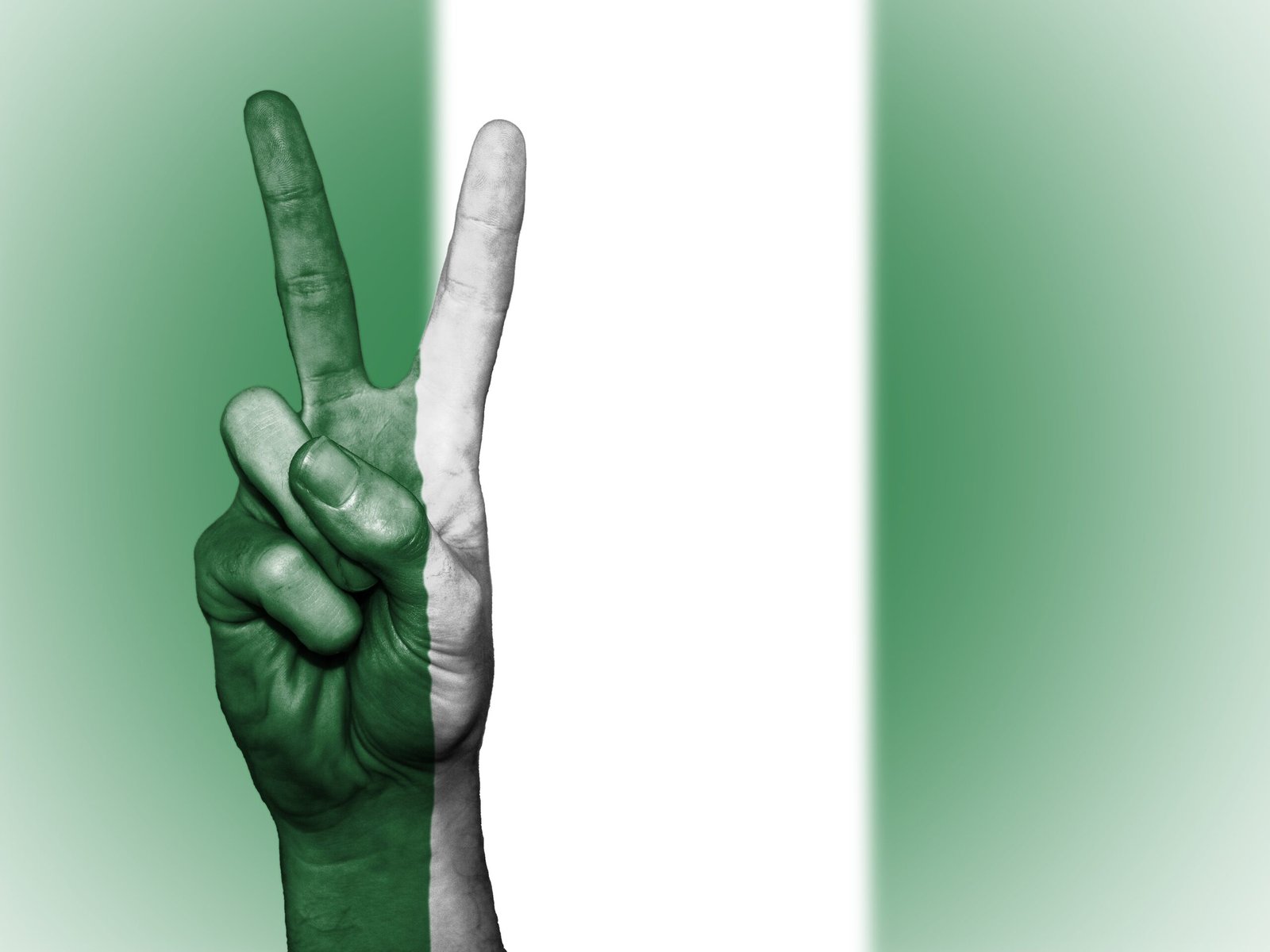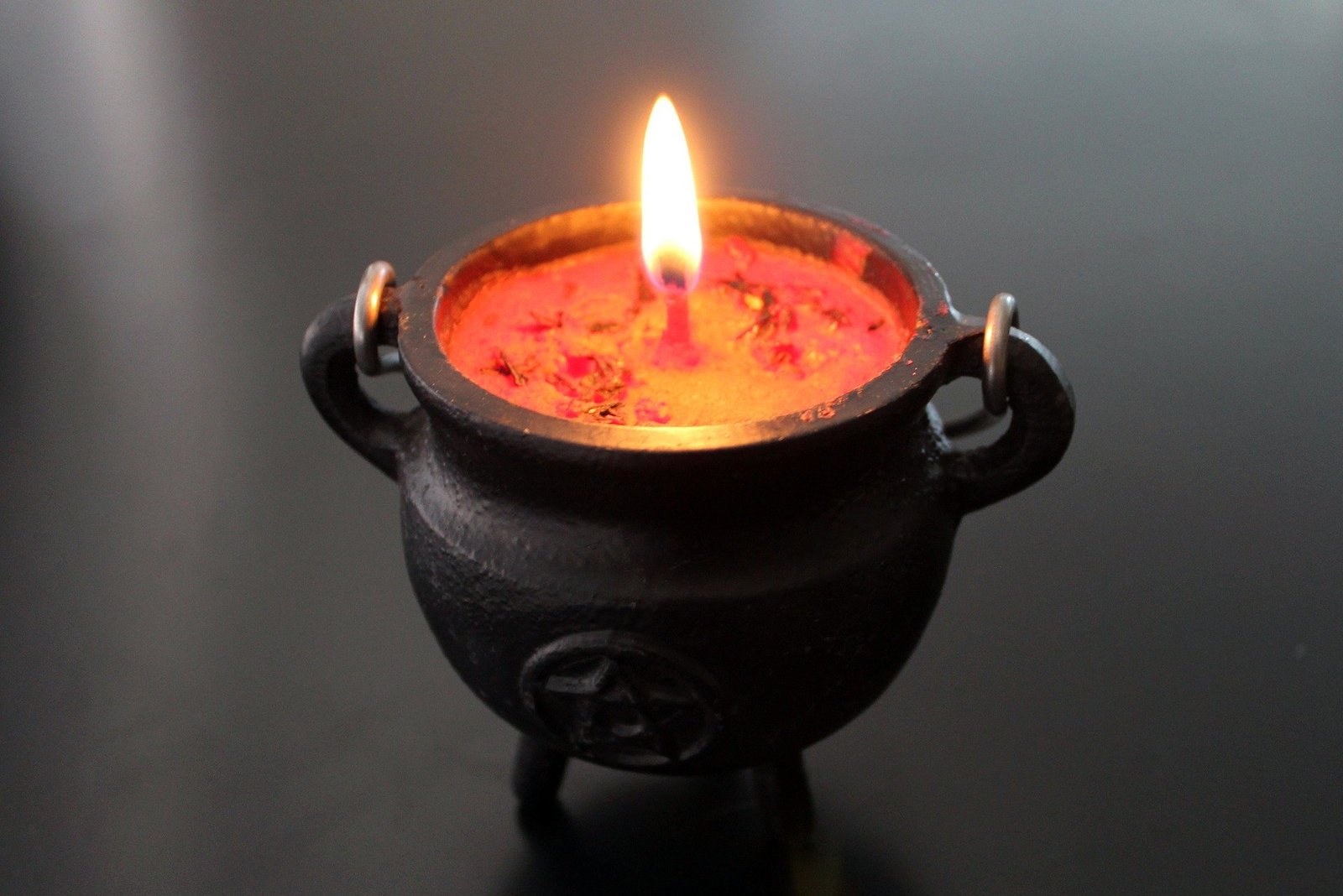The current military suppression of the Biafra agitation ignores the root cause of agitation in Nigeria – corruption, bad governance, and disempowered youth
As I write this piece, a military operation called Operation Python Dance takes place. Its target is a secessionist movement in Nigeria’s Southeast, led by the Indigenous People of Biafra (IPOB). This military operation is intended to clamp down on real or imagined Biafra agitators and their infrastructure in the region. IPOB members claim they seek an independent state of Biafra. The first attempt to create a Biafra Republic led to a civil war in which millions of people died, mainly Igbos from southeastern Nigeria. The leader of IPOB, Nnamdi Kanu, was arrested and then released on bail.
This military operation in Southeast Nigeria has attracted mixed reactions from Nigerians. Some see it as a welcome development that will teach some hard lessons to misguided, daft, ignorant and opinionated agitators. Indeed, some of the statements by the IPOB leader and some of the members are reckless and irresponsible. But does that justify the ongoing attacks, torture and killings in the region? Others have validly opined that this military operation will only worsen the crisis and exacerbate the state of insecurity in the region and calls to crush them haven’t gained much support. From my perspective, the issue of the Biafra agitation is far more complex than it seems to many other Nigerians.
Why I speak about Biafra
I am from Southeastern Nigeria and spent the first two decades of my life in the region. As a graduate student I lived for a couple of years in Calabar. I have resided in Ibadan in Southwest Nigeria for over 15 years. In the course of my humanist and human rights work, I have spent some time in Kano, Kaduna, and Katsina. I have friends and colleagues from various states across the country. I spent my early school days reading about the history of Nigeria; especially the civil war that affected many families in Southeast Nigeria. My parents and other family members recounted to me their experiences of the war and of living in other parts of the country. These–my experiences and encounters–inform my knowledge and understanding of the Nigeria situation.
Ethno – Religious Love and Hate
While there are Nigerians of different faiths and ethnic groups who love one another and live together peacefully, there is still much hate and animosity among the people. Even though people from the various ethnic and faith constituencies have intermarried and cooperated for centuries, deep-seated prejudices exist and easily bubble to the surface at the slightest provocation. If you doubt me, visit some online Nigerian forums. Hateful behaviours and discriminatory attitudes are part of everyday life. An Igbo person may be attacked and killed because of an offence or an act of violence that another Igbo person committed in some other town or city. Hausas and Muslims in the South are targeted because of killings by Muslim extremists in the North. People are often more lenient with offenders when they come from their own religion or ethnic group than when the offender comes from another religious or ethnic group.
In Nigeria, people tend to believe that a character trait manifested by a single Igbo person is one that all Igbos share, or that the way one Yoruba person behaves is the way all Yoruba people behave. While I was living in Ibadan, many people often addressed me as a ‘brother’ to the late Odumegwu Ojukwu; we are not even from the same state. I did not know much about him apart from what I read in books. Unfortunately, these ethno – religious sentiments are entrenched and continue to shape the sociopolitical thinking, perception and interactions of Nigerians.

A Child of Agitation
For me, Nigeria is a nation of agitations and of agitators. The country came into being as a result of political contentions and a struggle for self-determination. First, there was that agitation against colonialism and the quest for independence. However, since Nigeria achieved independence, the competition for power has taken a new dimension. The power tussle has mainly been over how Nigeria could rule and govern itself and by whom. These agitations have ethnic and religious overtones because ethnicity and religion constitute the primordial basis for power acquisition and mobilisation in Nigeria. It’s important to recall that agitations led to the first military coup and other coups and counter coups that have taken place in the country. A political tussle was the root cause of the civil war of 1967-1970 and the formation and overthrow of governments ever since.
In the first two decades of Nigerian independence, the power tussle took place mainly between the military and the ‘civilian’ elites who took turns through coups or ‘elections’ to have their own share of the Nigerian cake. However, the inability of both the military and the civilian elite to put in place effective state institutions, or to adequately manage and sustain existing state structures has left a vacuum and a rift between the state managers and the people. It created a situation where politics became a zero sum game. The political winners and rulers took all for themselves and their families while the people, the masses of Nigeria, had to survive on their own, suffer and die.
Politics became a do or die affair and in the name of governing the people. Politicians allocated to themselves resources that enabled them to live luxuriously, educate their children in the best schools in Europe and America, and afford the best health care. Democracy or any form of government in place only empowered the politicians but disempowered the people. Popular anger, frustration, and disaffection brewed across the country. While each election or military coup promised hope and change, it ended up being the same. The dividends never percolated down the rank and file. It was and has been politics and business as usual. Why does it surprise anyone that some Nigerians agitate for secession, resource control and sharia law?
The state actors have, instead of uplifting the citizens, betrayed them. They have let the people down, abandoned and neglected them. The army of disaffected continued to grow. And this army of the alienated comprised mainly youths who cannot imagine any better future for themselves under the current Nigerian dispensation. They are now revolting. Since the politicians could not provide the required leadership, these young, uneducated, unemployed and unemployable, disaffected youths are fighting back. Many of them have embraced alternative leaders, narratives, and ‘states,’ even if they are imaginary, to give them some sense of power, hope, and belonging.
Emergence of Non-Elite Ethnoreligious Demagogues
So to fill in the political void, some non-state, non-elite demagogues have emerged since the ’80s. They use ethnicity and religion to mobilize power and forge alternative state ideologies and governments. In the absence of just, effective and inclusive state institutions that treat every Nigerian equally and a rule of law that discriminates against none, disaffected youths have gravitated towards these separatist, sectionalist, sectarian movements that thrive on ethnoreligious divide and rule, fear and hatred. They cashed in on the festering pool of despair, mistrust and suspicion which weak and failing state institutions have created.
So whether we are talking about the maitatsine sect that swept through the North of Nigeria in the 80s, the agitations for sharia and for Arewa republic, the Boko Haram militancy, and the Ogoni, OPC, Niger Delta and now Biafra movements, all these are developments that have emerged to fill in the void created by corruption, bad governance and lack of effective state system. So now, what is the answer?

A Plan for Moving Forward
Shooting and killing all real or imagined Biafra, Niger Delta, and OPC agitators will not solve the problem. Fixing the Nigerian state will. Playing inclusive politics will. Even if the soldiers succeed in wiping out all imagined agitators in the south east and south-south, this agitation will continue because the problem is not with the agitators but with the state actors. Young Nigerians are victims. They have taken to agitation in reaction to their systemic disempowerment and impoverishment by the state managers. Agitations, whether for secession, self determination or resource control are simply the ways in which such alienated young people are fighting back. Killing them will not solve the problem. A Marshall Plan-style development plan that addresses the basis of the agitation is the answer.
As I noted earlier, Nigeria is a child of agitation and agitation has marked its entire political life. Even the current president Muhammad Buhari came to power through agitation. Agitation in Nigeria and by Nigerians will continue as long as nepotism, identity politics on the basis of ethnicity and religion, remain the basis of statecraft. Agitation will not stop until Nigerian state actors understand that basic principle in a democracy, that is: power belongs to the people not to the president or to the military. The army of the state belongs to the people and should be there to protect, support and defend the people including the discontented youths. Agitation will continue until Nigerians dismantle this system of governance that enriches the politicians while impoverishing the people. Agitation will not cease until most Nigerians can afford the health care and education that politicians and their families enjoy at the state expense.
Conclusion
The scale of mis-governance in Nigeria is huge. And it should not surprise anyone that Nigerians are agitating and revolting in one form or another. The state ‘elite’ army and the army of discontented youths are pitched in a tug of war not only in the southeast but in other parts of the nation. And in this battle, military action or no military action, the people will ultimately win. Nigerians have the democratic right to peaceful protest, and to demand a better political arrangement for themselves, which includes renegotiating or opting out of the Nigerian social contract.
So the current military exercise in the Southeast of Nigeria calls for a sober and thoughtful reflection on the fate and future of the Nigerian state, not a gloated act. Today, the focus may be on Biafra agitators. Who knows where the focus of the agitation and the next location of the python dance will be tomorrow.






Article Discussion